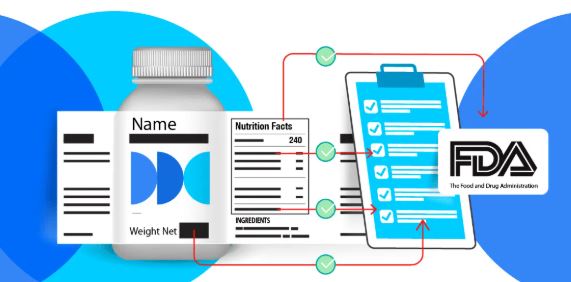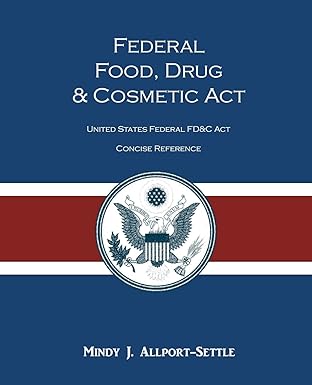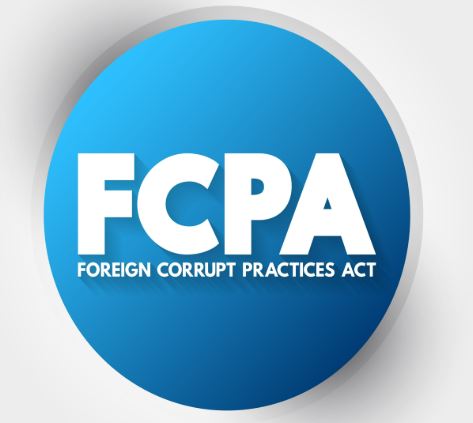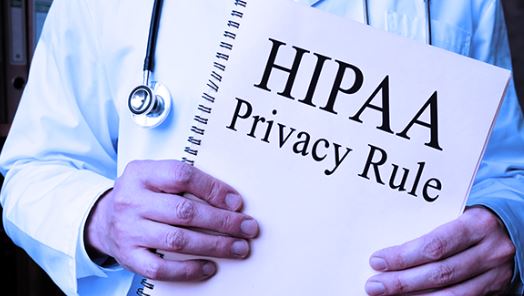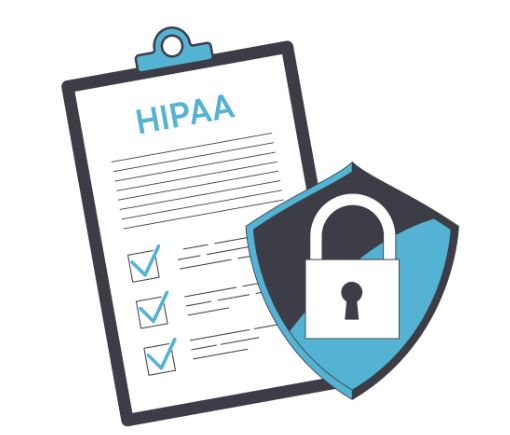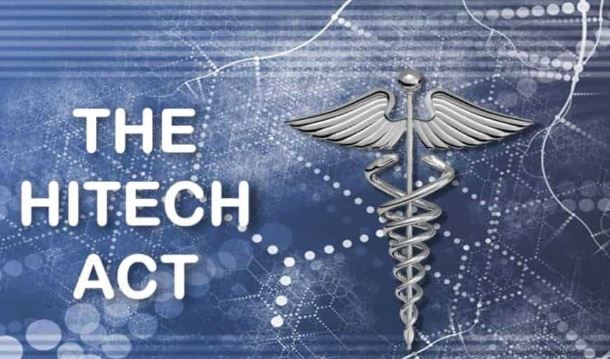Pharmaceutical Compliance Training
Stay Compliant. Stay Informed.
Explore our modules covering regulatory standards, ethical practices, and industry compliance
FDA’s Marketing and Labeling Laws
FDA’s Marketing and Labeling Laws
This course provides a practical guide to FDA regulations governing pharmaceutical marketing and labeling, including traditional and digital platforms. Participants will learn to create compliant promotional materials, avoid enforcement risks, and adapt to evolving FDA expectations in advertising and social media.
Federal Agencies
Federal Agencies
This course provides a clear framework for understanding the federal agencies that oversee pharmaceutical and medical device commercialization in the United States. Participants will learn to identify key regulatory bodies, their jurisdictional boundaries, and how they interact to govern the healthcare product lifecycle.
Federal Food Drug and Cosmetic Act
Federal Food Drug and Cosmetic Act
This course provides a foundational understanding of the Federal Food, Drug, and Cosmetic Act (FD&C Act), the primary law governing the safety and regulation of food, drugs, medical devices, cosmetics, and tobacco products in the United States. Participants will explore the Act’s key provisions, enforcement mechanisms, and its impact on industry compliance.
Fire Safety Training
Fire Safety Training
This course prepares healthcare staff to respond effectively to fire emergencies in medical facilities. Topics include fire prevention strategies, the R.A.C.E. (Rescue, Alarm, Contain, Extinguish/Evacuate) protocol, proper use of fire extinguishers (P.A.S.S. technique), evacuation procedures
Foreign Corrupt Practices Act (FCPA)
Foreign Corrupt Practices Act (FCPA)
This course provides an in-depth understanding of the Foreign Corrupt Practices Act (FCPA), a critical U.S. anti-corruption law that prohibits bribery of foreign officials and mandates accurate financial record-keeping. The course covers legal requirements, enforcement trends, compliance strategies, and real-world case studies to help professionals navigate FCPA risks
General Data Protection Regulation (GDPR)
General Data Protection Regulation (GDPR)
This course provides a comprehensive introduction to the General Data Protection Regulation (GDPR), equipping participants with the knowledge to navigate its strict privacy requirements and promote ethical data handling practices
HIPAA Privacy Rule
HIPAA Privacy Rule
This essential training provides a clear understanding of HIPAA Privacy Rule requirements, helping healthcare industry professionals and organizations protect Protected Health Information (PHI) while maintaining compliance.
HIPAA Security Rule
HIPAA Security Rule
This essential training provides healthcare industry professionals and organizations with a clear understanding of the HIPAA Security Rule and its critical role in protecting electronic protected health information (ePHI). Participants will learn to identify security requirements, implement safeguards, and avoid costly violations.
History of Pharmaceutical Regulations
History of Pharmaceutical Regulations
This course provides an in-depth exploration of the U.S. government framework and the evolution of pharmaceutical regulations from early oversight to the modern FDA era. Participants will examine key legislative milestones, regulatory shifts, and the FDA’s expanding role in public health and safety.
HITECH Act
HITECH Act
This course provides a comprehensive understanding of the HITECH Act and its critical enhancements to HIPAA regulations. Participants will learn how to implement strengthened privacy/security requirements, manage business associate relationships, and comply with modernized breach notification rules in our digital healthcare environment.
Life Cycle of a Drug
Life Cycle of a Drug
This course provides a comprehensive look at the pharmaceutical drug creation process, the FDA’s regulatory role, and the structure of the pharmaceutical industry. Participants will gain insights into how drugs are developed, approved, and brought to market, as well as the key players and organizational frameworks that define the industry.
Medical Affairs and MSL interactions with HCPs
Medical Affairs and MSL interactions with HCPs
This critical course equips Medical Science Liaisons (MSLs) and their managers with a clear understanding of the legal and regulatory framework governing field medical activities. Participants will learn to differentiate compliant scientific exchange from promotional activities while operating within FDA, FD&C Act, and industry guidelines.

